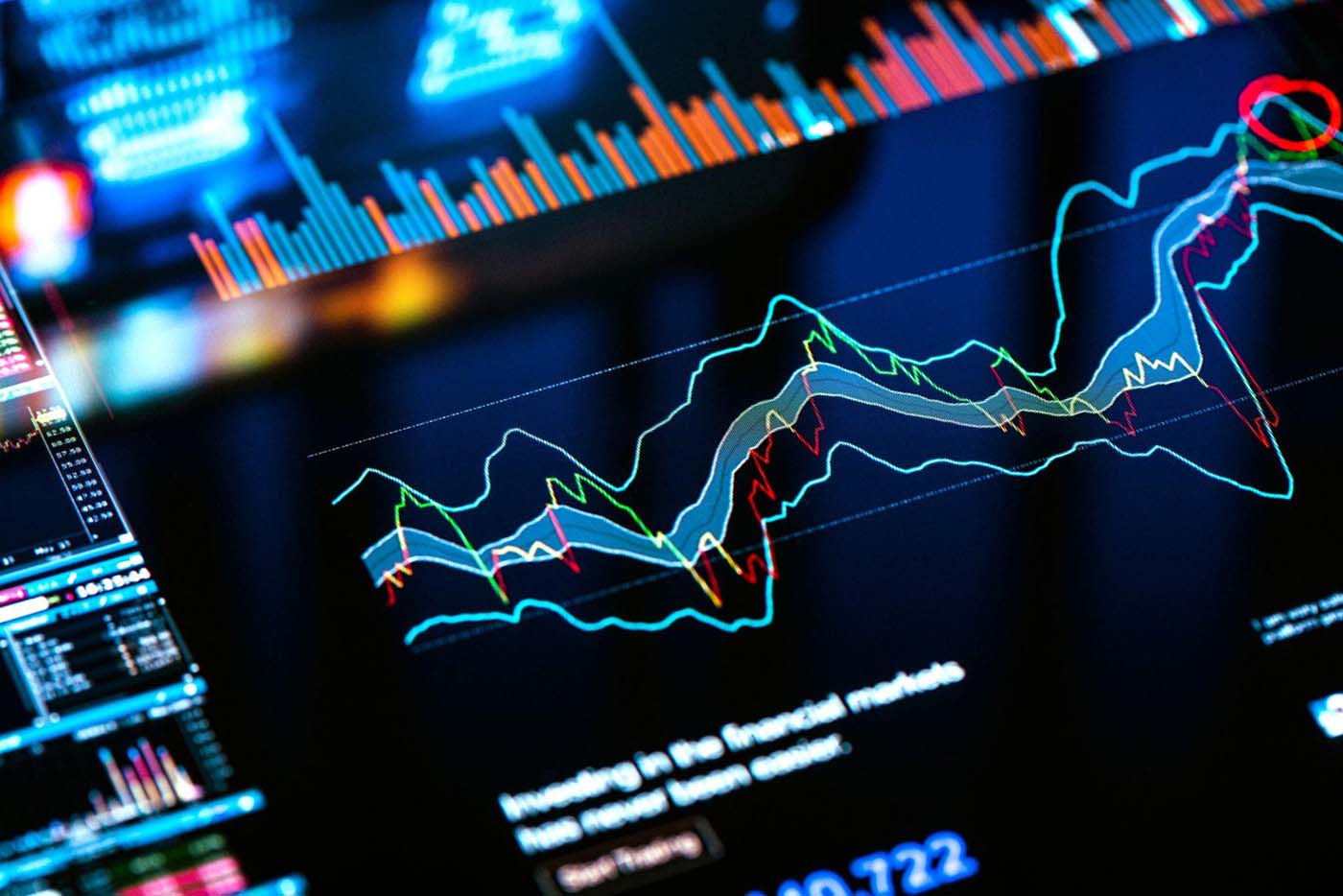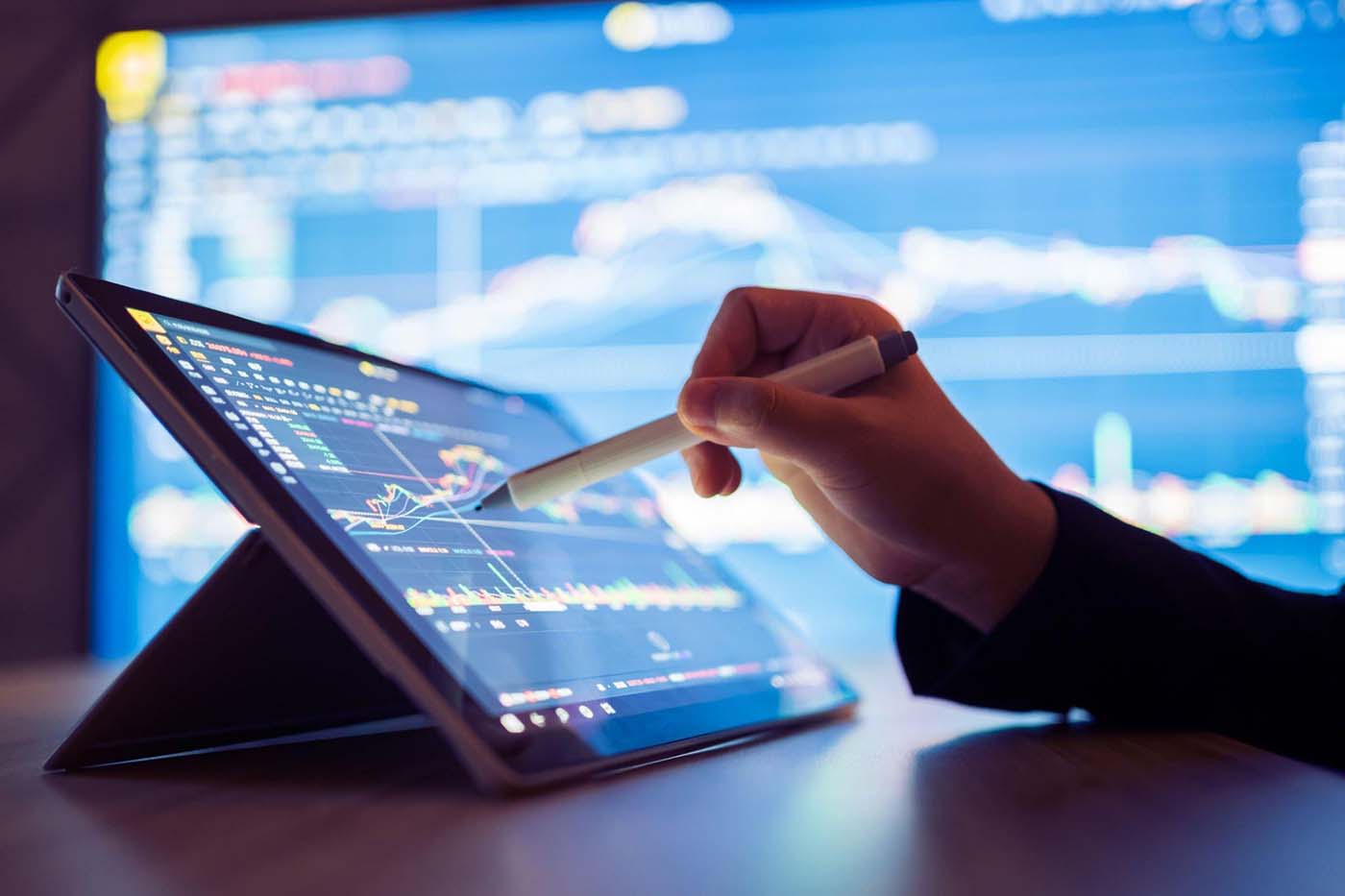In the world of financial markets, forex trading has gained remarkable popularity. With trillions of dollars being traded daily, forex offers tremendous potential for profit. However, navigating the complexities of forex trading can be a daunting task for even the most experienced traders. Fortunately, advancements in artificial intelligence (AI) have paved the way to simplify the intricacies of forex trading, revolutionizing the landscape and propelling the industry forward.

Understanding the Intricacies of Forex Trading
Before delving into the impact of AI in forex, it is essential to grasp the fundamental concepts of forex trading. Forex, short for foreign exchange, refers to the buying and selling of currencies. Unlike traditional stock markets, forex operates in a decentralized manner, with trading conducted electronically over-the-counter. Traders profit from the fluctuations in currency exchange rates, speculating on the rise or fall of one currency against another.
The forex market is the largest and most liquid financial market in the world, with an average daily trading volume of over $5 trillion. It is open 24 hours a day, five days a week, allowing traders from all over the world to participate at any time. The market is comprised of various participants, including banks, financial institutions, corporations, governments, and individual traders.
Forex trading offers several advantages over other financial markets. Firstly, it provides high liquidity, meaning that traders can easily enter and exit positions without significant price disruptions. Secondly, it offers a wide range of currency pairs to trade, allowing traders to take advantage of various global economic trends. Lastly, forex trading allows for leverage, which enables traders to control larger positions with smaller amounts of capital.
However, forex trading is not without its challenges. The market is highly volatile, influenced by a myriad of factors such as geopolitical events, economic announcements, and market sentiment. Traders need to stay updated with global news and economic indicators to make informed trading decisions. Additionally, traders face the constant pressure of making accurate predictions and managing risk effectively. These challenges have presented opportunities for AI to revolutionize the way forex traders analyze and act upon market information.
The use of AI in forex trading has gained significant traction in recent years. AI algorithms can analyze vast amounts of data and identify patterns that may not be immediately apparent to human traders. This ability to process and interpret data quickly allows AI systems to make informed trading decisions in real-time. AI-powered trading systems can also automate various aspects of trading, including trade execution, risk management, and portfolio optimization.
AI algorithms utilize various techniques, such as machine learning and natural language processing, to extract valuable insights from large datasets. These algorithms can analyze historical market data, news articles, social media sentiment, and other relevant information to generate trading signals. By continuously learning from new data, AI systems can adapt and improve their performance over time.
Furthermore, AI can assist traders in managing risk by providing real-time monitoring and analysis of market conditions. AI-powered risk management systems can identify potential risks and suggest appropriate risk mitigation strategies. This helps traders in minimizing losses and protecting their capital.
However, it is important to note that AI is not a magic solution that guarantees success in forex trading. While AI can enhance decision-making and improve trading efficiency, it is still crucial for traders to have a deep understanding of the market and employ sound trading strategies. Human intuition and expertise are still valuable in interpreting complex market dynamics and making informed judgments.
In conclusion, forex trading is a complex and dynamic market that offers numerous opportunities for traders. The advent of AI has brought about significant advancements in the way forex trading is conducted. AI-powered systems can analyze vast amounts of data, identify patterns, and make informed trading decisions in real-time. However, it is essential for traders to combine AI technology with their expertise to achieve success in forex trading.

The Advent of AI in Forex Trading
With the exponential growth of computing power and data availability, AI has emerged as a game-changer in forex trading. AI technologies, such as machine learning and natural language processing, have the ability to process vast amounts of data and extract meaningful insights. This empowers traders to make data-driven decisions and automate various aspects of their trading strategies.
The Role of AI in Simplifying Forex Trading
One of the primary advantages of AI in forex trading is its ability to simplify complex market analysis. AI algorithms can analyze historical price data, news articles, and social media sentiment to identify patterns and trends that are difficult for human traders to discern. By automating data analysis, AI enables traders to make more informed decisions and execute trades with greater precision.
How AI is Changing the Forex Landscape
AI is transforming the forex landscape by providing traders with powerful tools and platforms. AI-powered trading systems can execute trades on behalf of the trader, based on predefined algorithms and market conditions. These systems can also adapt and learn from market behavior, continuously optimizing their strategies to maximize profit and minimize risk. With AI, traders can capitalize on market opportunities with increased efficiency and accuracy.
The Intersection of AI and Forex: A Detailed Analysis
Examining the intersection of AI and forex trading reveals the vast potential for leveraging AI algorithms for predictive analysis and risk management.
In the intricate world of Forex trading, Ethereum Code stands as an emblem of the next wave of technological innovation. Combining the computational power of quantum computing with the predictive prowess of artificial intelligence, Ethereum Code systems are designed to analyze and interpret vast amounts of data with remarkable speed and accuracy.
Here, in the realm of Forex, this technology offers the potential to automate complex decision-making processes, enabling traders to navigate the highly volatile currency markets with enhanced precision. As part of the continual evolution of Forex trading, Ethereum Code adds another layer to the multifaceted nature of the field, promising more sophisticated tools but also introducing new challenges to master.
AI Algorithms for Predictive Analysis in Forex
AI algorithms analyze historical data and employ predictive models to forecast future price movements in the forex market. By identifying patterns and correlations, AI can generate accurate predictions, helping traders make informed trading decisions. These algorithms continuously adapt based on changing market conditions, ensuring their predictions remain reliable and up-to-date.
Risk Management in Forex through AI
Risk management is a crucial aspect of forex trading. AI algorithms can assess market volatility and adjust trading strategies accordingly. By analyzing historical data and real-time market conditions, AI can identify potential risks and implement risk mitigation measures. This includes setting stop-loss orders and dynamically adjusting position sizes to protect traders from significant losses.
Case Studies: Successful AI Applications in Forex
Real-world case studies demonstrate the effectiveness of AI in forex trading.
AI-Powered Forex Trading Platforms
Various AI-powered trading platforms have emerged, offering advanced tools and features to traders. These platforms leverage AI algorithms to provide real-time market analysis, trading signals, and automated trading capabilities. Traders can execute trades effortlessly while benefiting from the power of AI technology.
AI in Forex: Real-World Success Stories
Several notable success stories highlight the transformative impact of AI in forex trading. From companies using AI to develop profitable trading strategies to individual traders transacting on AI-powered platforms, the results speak for themselves. AI has provided traders with a competitive edge, enhancing their profitability and reducing the inherent risks of forex trading.
The Future of AI in Forex Trading
The future of AI in forex trading holds exciting prospects as the technology continues to evolve and mature.
Emerging AI Trends in Forex Trading
New trends are emerging in AI for forex trading. For instance, natural language processing algorithms can analyze news articles and social media sentiment in real-time, providing traders with valuable insights. Additionally, deep learning algorithms are being developed to analyze complex market data, enabling faster and more accurate decision-making.
The Potential Impact of AI on Forex Trading
The impact of AI on forex trading is set to expand exponentially. As AI algorithms become more sophisticated, traders will benefit from improved accuracy, reduced risks, and increased automation. Moreover, AI has the potential to democratize forex trading, making it more accessible to individuals who previously lacked the resources or expertise to engage in this complex market.
In conclusion, the complexities of forex trading are being deciphered through the power of AI. By harnessing advanced algorithms and machine learning, AI is streamlining market analysis, enhancing risk management practices, and empowering traders with intelligent platforms. As the journey of AI in forex continues, the future holds immense promise, leading the way to a more efficient and profitable trading landscape.
| Author | Reviewed by ✅ |
|---|---|
| Miles Harrington Financial and Crypto Specialist Miles Harrington is a financial and crypto specialist who writes for several online publications. With expertise in personal finance, investments, and cryptocurrency, he simplifies complex topics to help readers make informed financial decisions in the digital age. | James Davidson Editor in Chief/Founder, We Heart James Davidson is the Founder and Editor-in-Chief of We Heart, a leading lifestyle platform he has helmed for nearly 17 years. He has collaborated with top brands such as Audi, Veuve Clicquot, Samsung, and Google. Under his guidance, We Heart has grown from a niche magazine to a widely respected authority on all areas of lifestyle. With a background as a freelance travel writer, James brings a wealth of experience to his editorial work. |
| 1 |
|---|
| Financial Disclaimer: The content provided on this site is for informational purposes only and should not be considered professional financial advice. We encourage you to consult with a qualified financial advisor before making any financial decisions. We Heart is not responsible for any financial losses or damages resulting from your reliance on the information provided. |








